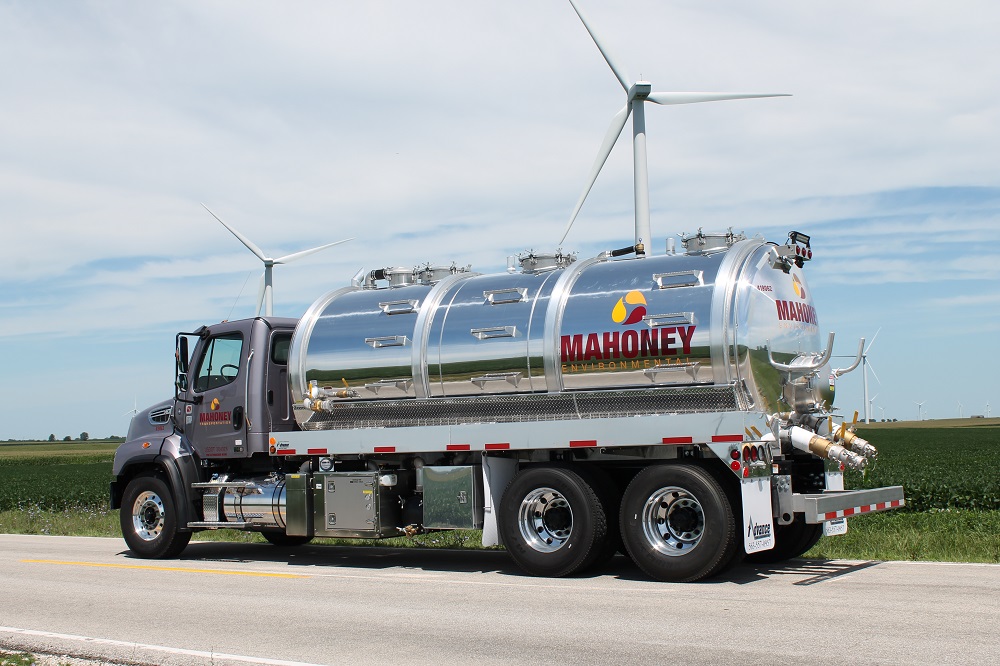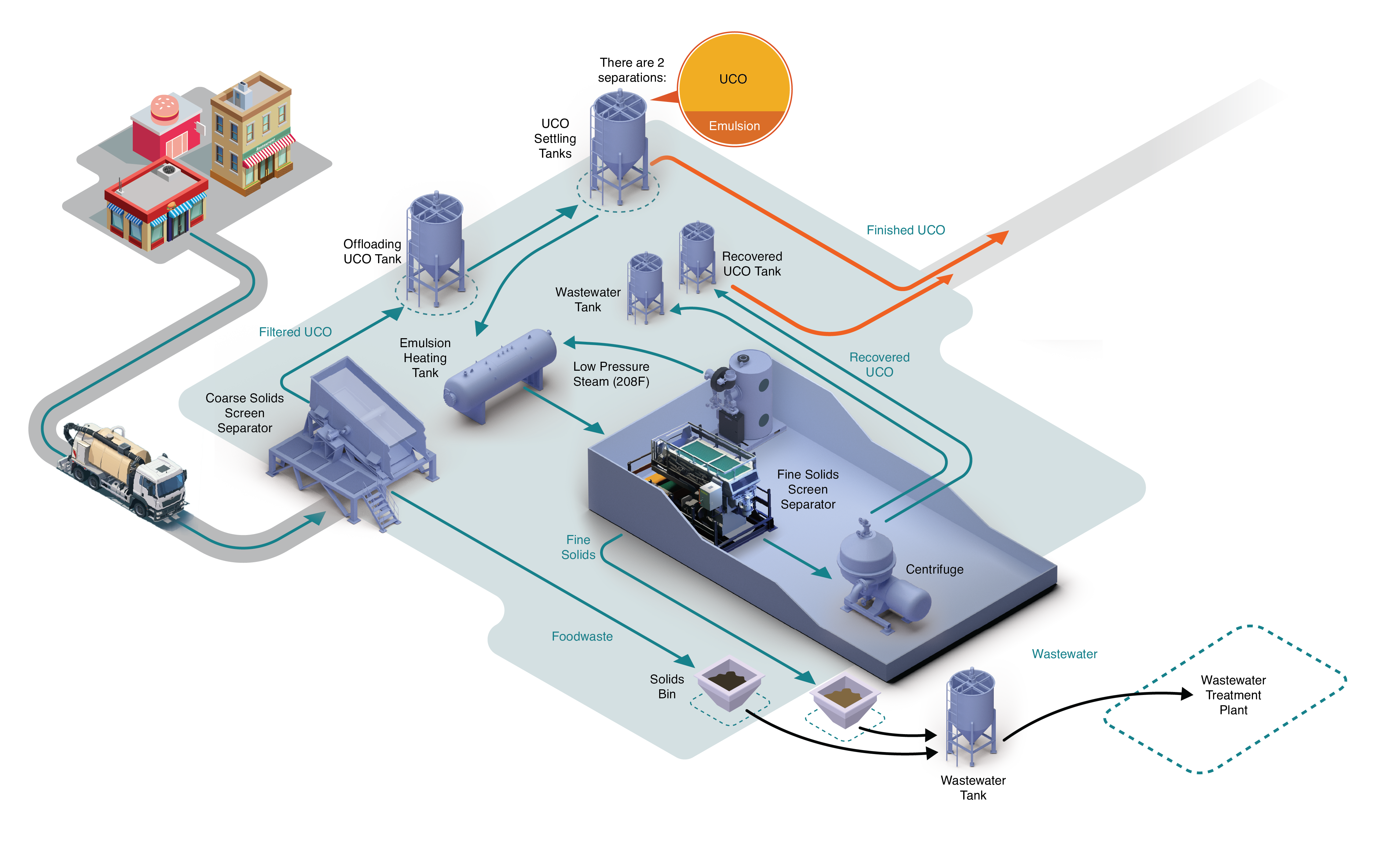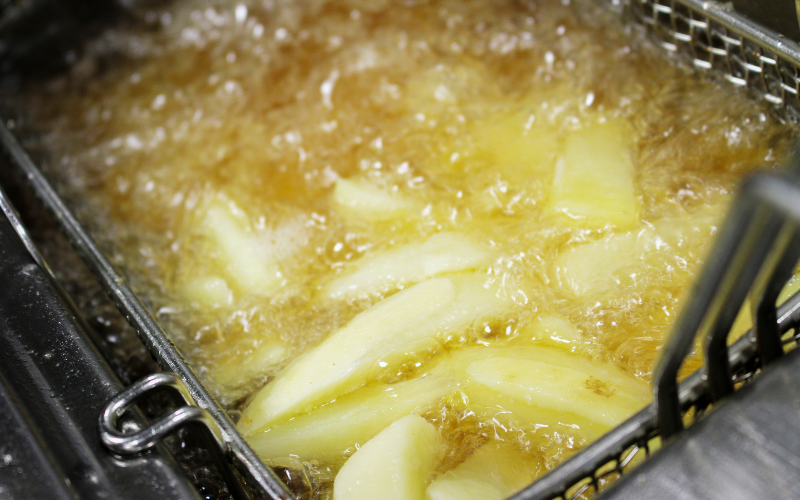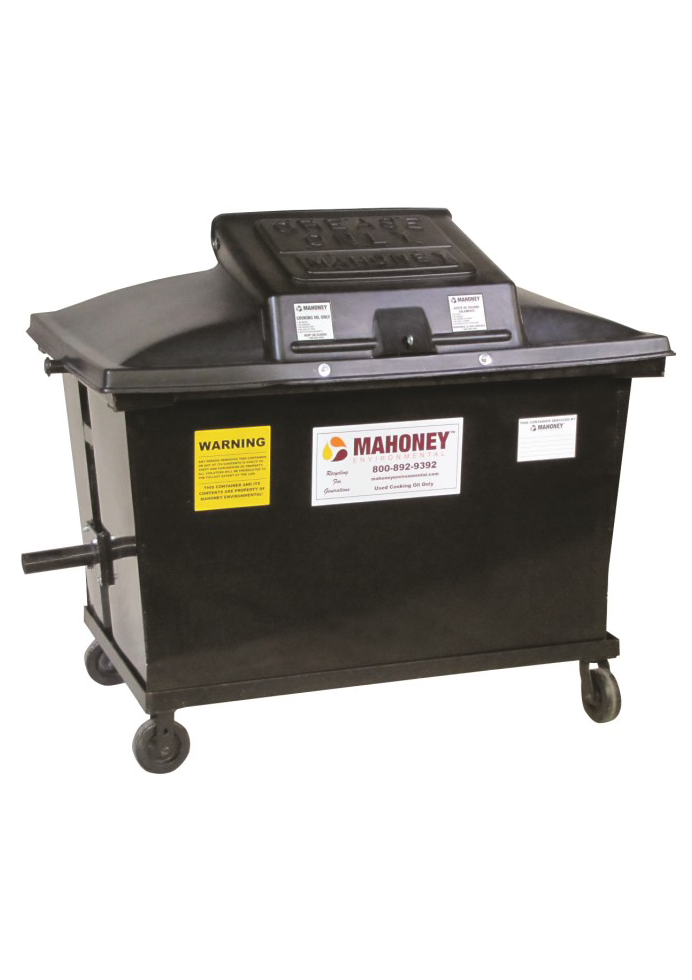Ever notice sewer walls stuck with thick, unsightly blobs? Inside sewers lined with fatbergs, wastewater is prevented from flowing freely through, leading to catastrophic blockages and backups. Both are results of pouring used cooking oil down the drain—an action that is fraught with significant dangers.
Known as fatbergs, these blobs become dangerous when they block the flow of water inside the sewer, causing backups.
Drain pipes must remain free from obstructions in order to allow wastewater to pass through. Many household items can block the pipes, from food to cosmetic products and paper. Grease is also a leading cause of overflows and backups—and this happens when used cooking oil is discarded in the drain.
Cooks, whether they work in a commercial kitchen or a home kitchen, are urged to never pour cooking oil, fats, or grease down the drain. A number of dangers threaten the functionality of the sewer system, which adversely affects not only the kitchen but the entire town itself.
Discard excess cooking oil properly. Pour used cooking oil into a lidded jar. After allowing it to cool, throw the closed jar of oil into the trash. Conversely, throwing oil down the drain, even in small amounts, creates problems that can grow to become larger issues over the years.
Cooking oil that is correctly handled prevents serious issues in the drainage system. The most significant danger is when the sewer system clogs. This happens over time as people toss cooking oil down the drain. The oil solidifies into messy white fatbergs that adhere to the sewer walls.
The fatty blobs stick to the sewer walls and ceilings, forming clumps that grow larger over time. (A fatberg weighing 17 tons was once removed from a sewer system in England.)
Sewer walls that are lined with obstructions do not give wastewater an opportunity to flow through the pipes. Consequently, the sewer backs up and into the streets. A town flooded by sewer water is a smelly, contaminated mess. Health problems can arise when people are exposed to sewer water.
What chemical processes occur when cooking oil is poured down the drain?
Cooking oil poured down the kitchen drain has nowhere to go but into the sewer. There, the oil mixes with the wastewater, which contains a wide array of chemicals, plus other discarded cooking oil. Calcium is common in sewer water, and when it bonds with fatty acids, a waxy compound forms.
What are the financial consequences of improperly handling used cooking oil?
Removing cooking oil from the drain lines is a major expense for homeowners. Plumbers charge $200 to $400 dollars for the first hour of labor, with additional charges incurred for extra time and follow-up service calls. If the sewer backs up into the home, costly property loss can occur.
Home cooks are not the only ones who face financial setbacks when used cooking oil is poured down the drain. Commercial food venues pay thousands of dollars in fines for discharging used cooking oil in unsafe ways. Violations can even lead to shutdowns of negligent restaurants.
Can the dangers of pouring oil down the drain be minimized?
Cooking oil gelatinizes when it is cool. Running hot water with the cooking oil as it is poured down the drain does little to stop the dangers. Rather, it moves the grease farther down the sewer line where it cools, solidifies, and coats the pipes.
The danger posed by pouring cooking oil down the drain is not averted even when combining it with dish soap. The soap temporarily breaks up the grease. However, once the oil moves down the sewer line, it still congeals and forms a dangerous blockage.
Similarly, running the garbage disposal while discarding the cooking oil has no functional use. The garbage disposal grinds up the grease particles before they enter the sewer pipes; however, it does not prevent the formation of fatbergs and the blockages they cause.
How is used cooking oil best handled?
Used cooking oil can be managed by any of several convenient methods. Firstly, be aware that cooking oil can be re-used. Home cooks who can re-use their cooking oil should not throw it out. Rather, freeze the used cooking oil in a sturdy container until it can be used again.
Wipe up small amounts of used cooking oil with a paper towel and throw it into the trash. Allow the cooking oil to cool and solidify in the frying pan before wiping it up. Absorb as much of the oil as possible with paper towels before washing the frying pan.
Solidifying used cooking oil with stearic acid or an oil solidifier is an option that is convenient and helpful for the environment. The solidified oil remains solid even during garbage collection. When microbes latch on, they convert it into methane, which landfills convert into renewable energy.

One of the best ways commercial kitchens can discard their used cooking oil is by working with a professional service, such as Mahoney Environmental. We are in the business of collecting and recycling used cooking oil. Our efforts benefit commercial kitchens as well as the environment.
Our specialists manage the process of oil collection and recycling from start to finish. Skilled technicians set up the proper equipment, handle the safe transportation of oil, and process the used cooking oil. Services from our specialists improve your commercial kitchen’s safety, sanitation, and efficiency.
Restaurants that partner with Mahoney Environmental experience the many advantages of working with a cooking oil recycler that is consistently on-time and dependable. Night or day, our trained technicians are available to operate on your schedule to reduce disruptions to your restaurant business.
When you seek the most cost-efficient way of disposing used cooking oil, look no further than Mahoney Environmental. You’ll join our long list of satisfied customers who enjoy our flexibility, professionalism, and efficiency. Call Mahoney at 800-892-9392 to join our cooking oil recycling program.
We are proud to serve food establishments across the country including Atlanta, Baltimore, Baltimore, Boston, Chicago, Cleveland, Columbus, Dallas, Denver, Houston, Indianapolis, Kansas City, Los Angeles, Miami, Nashville, New York, Orlando, Philadelphia, Phoenix, San Diego, San Antonio, Seattle, Tampa, Washington DC and the surrounding areas.



 Call Us Now (800) 892-9392
Call Us Now (800) 892-9392